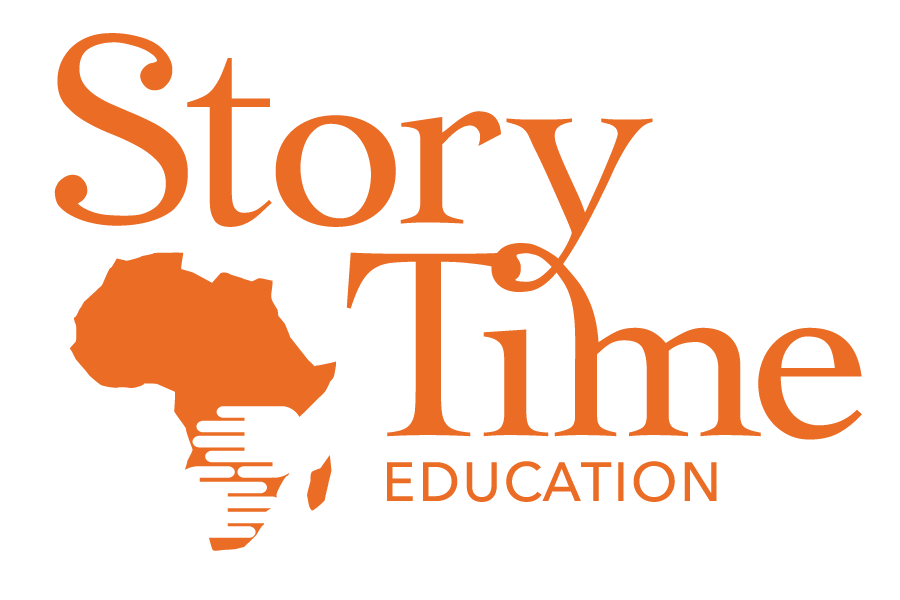Chisomo is a graduate of Nsondole CDSS and the WEP program.
Chisomo runs several small businesses including buying corn from farmers and making popcorn to sell within the community. This year’s uncharacteristically dry season has not only affected crop growth, but the income that has supported her since graduating Nsondole. Not enough rain not only means lack of food, but it means lack of demand for Chisomo’s popcorn business. Individuals and families have less income from their farming businesses, leading to less spending, and poor economic growth not only for Chisomo but for the rest of the community.
At first when there was rain, her business was stable and growing.
Chisomo was able to get whatever she needed. For example, she was able to buy herself soap and feminine hygiene pads. Since the dry spell came, she has been facing some challenges. During the rainy season, people were hired to weed the fields, and they could make a little money that way. Then, when she went to the market, everyone would have the money to buy her popcorn.
Since there is no rain, no one is working anywhere.
There is the scarcity of work, so most people don’t have money and only a few people buy her popcorn.
Even now, the flexibility of business ownership means that Chisomo can make choices.
She saw it wasn’t always necessary for her to be asking her parents for money. She feels that because she went to school, “maybe I should do business. I should do something on my own.” Her parents gave her a little capital for starting to buy popcorn kernels. She feels it is very rare for a girl her age to think of starting a business, compared to others who think about getting married.
The parents in the community hope that education will bring a future of choices.
Parents in the area are hoping that, if all goes well, the kids will be able to choose their own life path when they graduate. However they don’t have that much hope in the kids because there are a lot of challenges the kids are facing, like long distances to school, which they think will prevent them from going to class and being able to graduate at all. Story Time’s WEP project is working to address this concern, and combat the factors that keep girls out of school. The program is gaining traction, as girls like Chisomo graduate and provide mentorship to younger women.
Chisomo was able to choose to volunteer with a local women’s health education NGO.
When Chisomo first joined, the NGO - called CAMFED - conducted interviews. From the interviews, a group was selected to attend a training on sexual health and reproduction, and she was one of the candidates. It has benefited her, because she has gained a position as a facilitator. She is able to make sound decisions with whatever she wants to do in life, from finances to her own health.
She has valued the periphery benefits of finishing school, from getting to know nonprofit organizations, to gaining valuable professional experiences.
She says that “if I hadn’t been in school, I wouldn’t have known of any organizations.” Chisomo is not employed by the organization; she does not get a salary. She is just a volunteer who is helping to talk to others.
Even though the volunteer work doesn’t contribute to her small business, Chisomo says that she likes what she is doing because she is gaining experience from it. For instance, she wasn’t good at public speaking before, but, now because of her volunteer work, she can speak publicly with ease. She says it’s worth it, because she gains life-long skills that can serve her later in life.
She says it’s worth it, because she gains life-long skills that can serve her later in life.
Chisomo’s story is rare here in Malawi, but, with the help of the Story Time Women’s Empowerment Project, more girls could graduate from high school with a chance to choose their own life paths.



